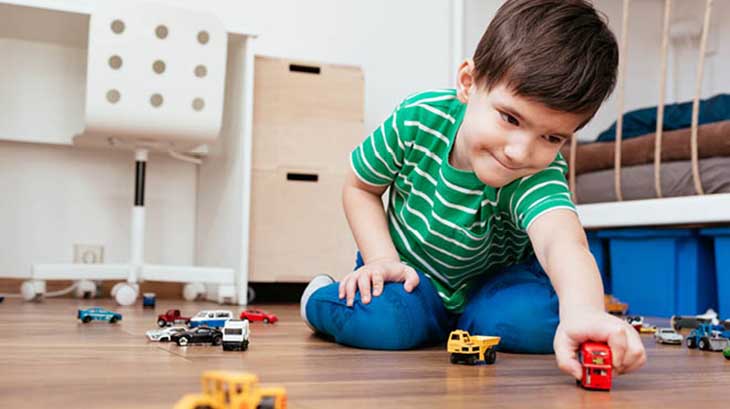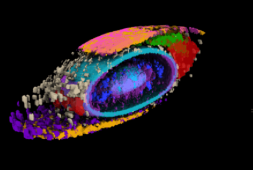17. May Have Different Ways of Playing

Children with autism frequently cannot or will not play traditional childhood games. Few autistic children play “like the other kids,” and many engage in activities that do not resemble typical play. This makes it tough for parents to find playdates and activities for their children. It can even be difficult to know how to play with your own child. Children with autism behave differently than other children. They are prone to line up things, play by themselves, and repeat acts from an early age. They are also less likely to participate in games requiring “make-believe,” collaboration, or social communication. Of course, many children who do not have autism line up things, play alone, or choose other activities over pretend play. However, children with autism appear to be ignorant of the activities and preferences of others. Typically developing children emulate their classmates when learning new play skills, collaborating with others, and asking clarifying questions. Children who are typically developing play alone for a reason. They can participate when they are ready or encouraged to do so. When you focus on anything with another person, you utilize joint attention. Sharing a game or working on a puzzle together are two examples. It entails thinking and working in groups or pairs. Autistic people frequently struggle with cooperative attention skills. These abilities can be taught, but they may never develop on their own. Typically developed youngsters actively connect and communicate with others in order to be effective in pretend play and mimicry. They also soon learn how to “read” other people’s intentions. Children with autism sometimes lack the desire or aptitude to speak or interact with their peers. Peers may see this conduct as cruel (“he’s ignoring me!”) or simply ignore the autistic child. Children with autism may be bullied or excluded from a group in some situations.



